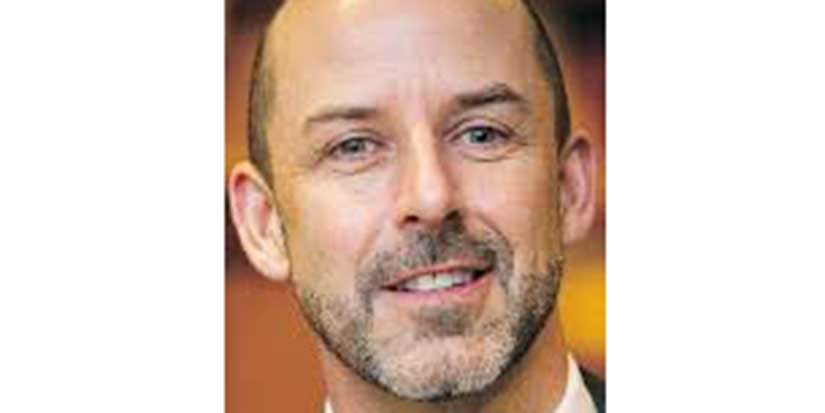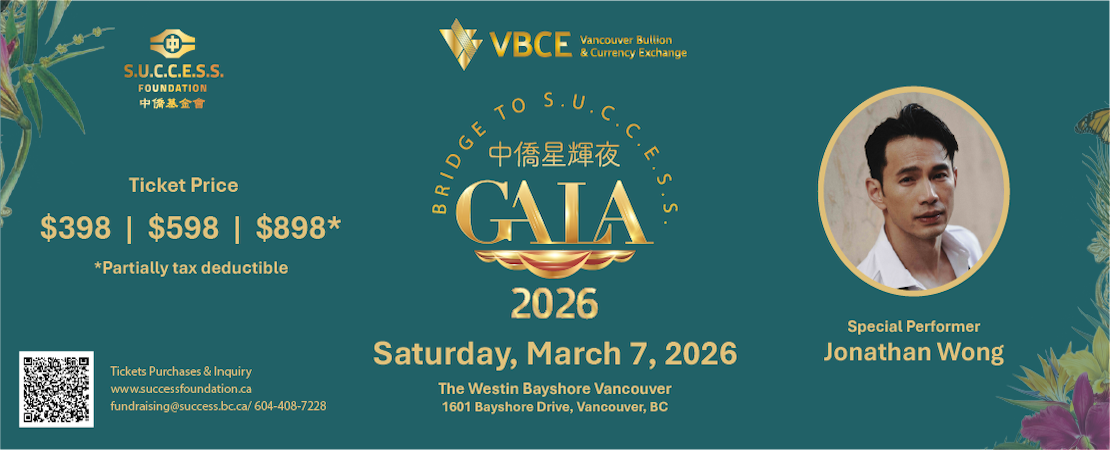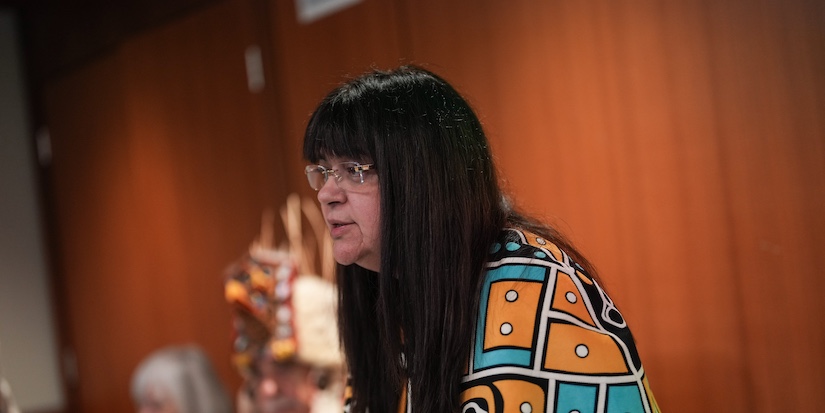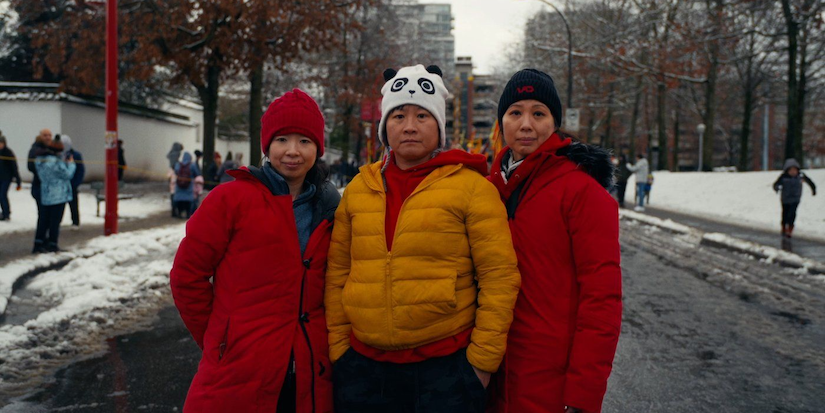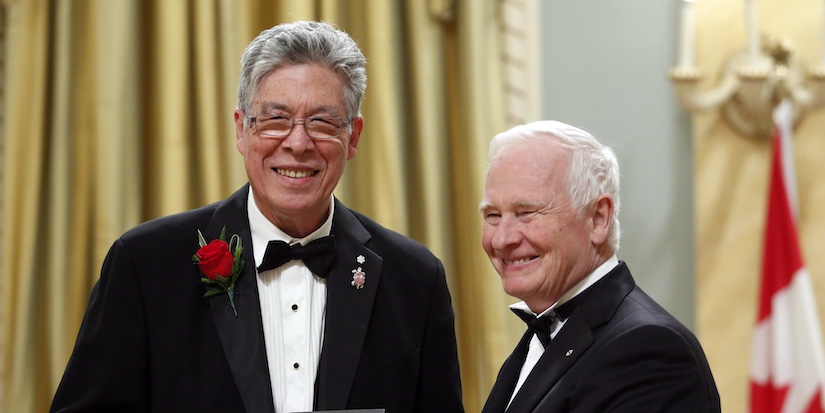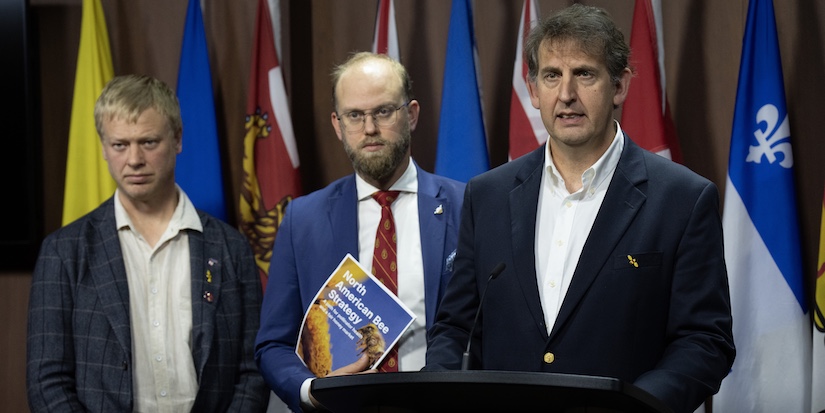Latest News
Superintendent keen to lend ear to student’s voice
Giving students a greater voice is top of mind for Scott Robinson.
Giving students a greater voice is top of mind for Scott Robinson.
“We need to listen to the voices of our youth—find out what matters most to them instead of making assumptions about what they want or need,” says Richmond School District’s new superintendent.
“Students want to act, not be acted upon, and they have a lot to offer if we actually listen.”
Robinson got his feet wet as chair last spring, succeeding Sherry Elwood when she retired. He was previously assistant superintendent here in 2011-12, before becoming associate superintendent and then superintendent in Vancouver in 2015. He returned to Richmond as deputy superintendent in 2018.
Education has always been part of Robinson’s life. His parents were both longtime employees in the public education system and developed a strong belief in the power of education.
“I’ve spent my whole career trying to give back what I was so fortunate to get from the public education system as a child,” he says. “I pursued a career in public education (he got his first teaching job in 1992) because I had worked with at-risk youth while attending university, and was fueled by the work of trying to make a difference in the lives of children and youth.”
From elementary to middle school teacher, and elementary to secondary school principal, he leans today on all his previous experiences.
“All my roles have contributed to how I approach the job of superintendent,” Robinson says. “Because I’ve taught and been an administrator at all levels of the system, I feel that I have a very clear system-wide view of K-12 education. I’ve also worked in three public school districts, so have had the opportunity to work with many wonderful educators and support staff over the years. I try to learn something from each and every person I encounter. I am grateful to have worked with and learned from so many fine educators.”
One of the biggest takeaways, he says, is learning the importance of listening and being willing to change his perspective.
“It doesn’t matter if I’m working with a parent, a staff member or a student, everyone has a valuable perspective that I need to make sure I consider. We will not always agree, but we do need to take the time to listen.”
Robinson believes strongly that good communication is paramount. He says communication is a challenge in any organization as big as the school district, and there is always room for improvement.
“I’d like us continue to examine our communication structures to see what’s working well, where the gaps are, and how we might better communicate with our community,” he says.
He’s also keen to bring people together to share insights, learn from each other, and reach common understandings when it comes to where the board and district should place its priorities.
The district also faces unavoidable challenges, including some interesting enrollment challenges which are being addressed through long range facility planning.
“We have some schools that have very low capacity utilization and some schools that over capacity,” Robinson explains. “Part of my role as superintendent will be to work with the board to do our best to address those issues, so that we are using our resources most effectively. We also have a large number of schools that require seismic upgrading. Again, part of my role is to work with school communities undergoing seismic work to ensure that we are able to provide as many safe spaces as soon as possible, understanding that this work can be highly disruptive.”
As a very diverse community, with people of many different and cultural backgrounds, there are a wide spectrum of beliefs—particularly around certain topics such as those relating to SOGI, says Robinson. He says part of his role is to create opportunities for conversations that lead to better understanding and mutual respect.
“I’m convinced everyone wants what is best for the children and youth of our community,” he says. “As adults, we need to examine our own views and listen carefully to those of others, looking for common ground rather than division.”
Additionally, equity is education is a “huge” area of passion for Robinson. He says as a public educator he has experienced “far too many” situations where students arrive to school at a disadvantage for a wide variety of reasons.
“As superintendent, I have a responsibility to model and expect that as a school district, we will do everything we can to ensure that each and every student receives what they need in order to be successful regardless of their background and profile. Equity does not mean we treat everyone the same. Some kids come to school with a greater set of needs, and we need to recognize that and provided extra support to ensure their success in our schools.”
Robinson praises the achievements of the board and Elwood during her time as superintendent. He says, “Sherry and the board achieved a lot, and she left the district in a very solid place.”
As a district, Richmond has a highly-collaborative culture, he says. “Teachers, support staff, administrators and parents all come together here with the goal of helping every single student be as successful as possible. Many of our parents place a high value on academic success, and our teachers are very focused on professional learning and continually honing the craft of being a teacher.”
It all adds up to the Richmond School District’s vision of being the best place to learn and lead.
